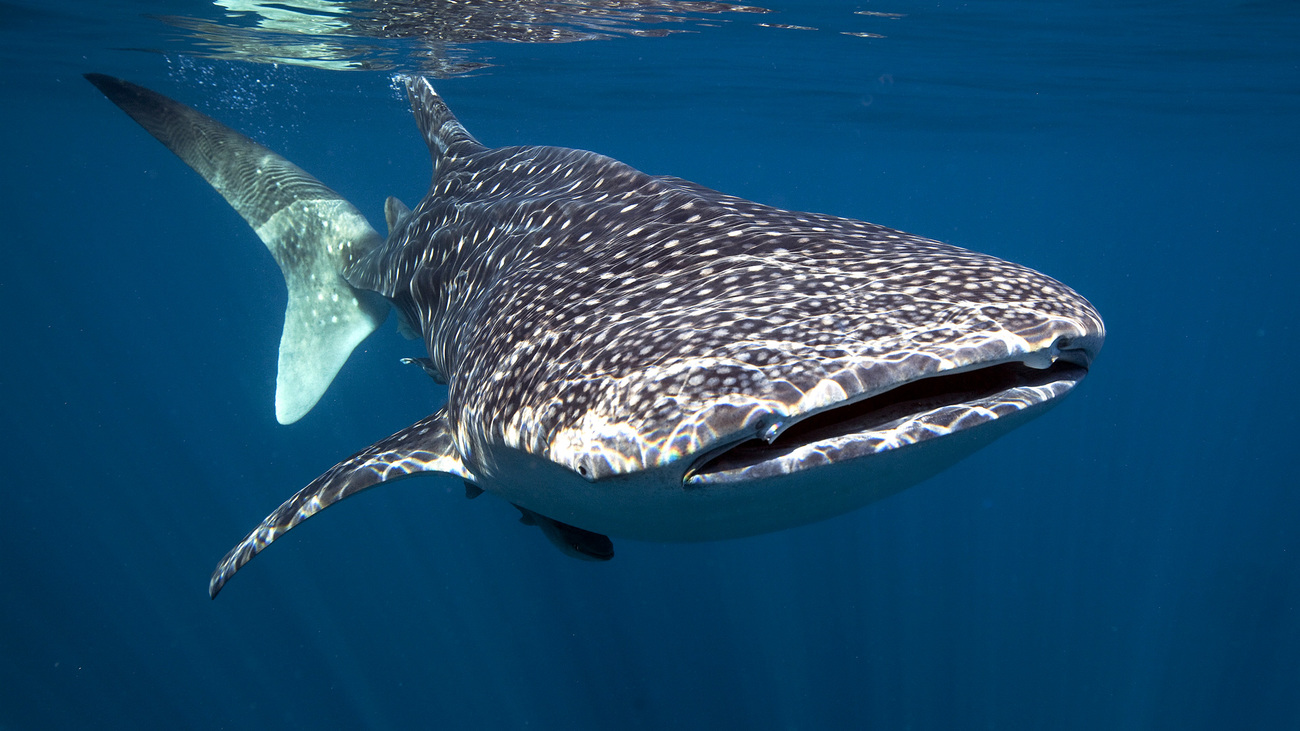Protection for sharks, sloths and species in demand for pet trade up for debate at UN wildlife meeting
Protection for sharks, sloths and species in demand for pet trade up for debate at UN wildlife meeting

(1 July 2025) — International protection levels for sharks, elephants, rhinos, giraffes as well as species increasingly in demand for the exotic pet trade will be discussed at the UN wildlife conference later this year.
Some 51 proposals were officially received by CITES (the Convention on International Trade in Endangered Species of Wild Flora and Fauna) from government members. Among the proposals are calls to lower protections for elephants, rhinos, and giraffes, and increase protections for sharks, sloths and other species. CITES submissions had to be received by the 27 June deadline, to progress to discussions at the 20th Conference of Parties (COP20) from 24 November to 5 December 2025 in Samarkand, Uzbekistan.
The proposals have come amid mounting concern over unsustainable trade practices – both legal and illegal - and the impact on biodiversity. Conservationists from IFAW have been working with governments to advise on current concerns and how to address them.
“Across the globe, we are witnessing alarming declines in species vital to the health of our planet — including sharks and rays, which play an essential role in maintaining the balance of our oceans”, Barbara Slee, IFAW’s Senior Program Manager said. “Many wild animals are on a dangerous trajectory, edging ever closer to extinction. The unsustainable trade of wildlife is an issue that needs confronting urgently and ensuring the appropriate international protections are in place is an important step to reverse this decline”.
Of the proposals submitted, seven were for shark and rays - covering more than 70 different species. These proposals include a complete ban on commercial international trade in products from whale sharks, led by the Maldives, oceanic whitetip sharks, led by Panama, and manta and devil rays, led by Ecuador.
Stronger protections have also been proposed for guitarfishes and wedgefishes, and first-time protections for smooth-hound sharks, led by Brazil and the EU which are prevalent in the meat trade. Gulper sharks have also been put forward by the UK and EU, which are highly sought after for their oil, used in cosmetic, health and pharmaceutical products.
The controversies over trade in elephant ivory and rhino horn will also re-emerge with Namibia pushing to enable government owned stockpiles of the products to be sold. The trade of African hornbills, a type of bird, are instead up for greater protection due to growing concerns that they are being targeted for the casques of their beaks, used as an alternative to elephant ivory.
Southern African countries are also seeking to remove CITES protections for their giraffe populations, despite these being added to CITES lists only recently.
The exotic pet trade is an increasing issue putting wild populations at risk such as Galapagos iguanas, Australian leaf-tailed geckos, and several tarantula species – all of which are being put forward for greater protections. Hoffmann's two-toed sloths will also be discussed due to the pet trade, as well as frequently being targeted for use in tourist attractions.
“Wildlife traders are exploiting often well-meaning animal lovers causing untold harm on animal populations in the wild”, Matt Collis, IFAW's Senior Director of Policy said. “Many of these species are prevalent in the exotic pet trade despite being protected in their home countries, with animals being illegally taken from the wild and laundered through the trade in captive-bred specimens”.
Other endemic species – those found only in one country or region – are also proposed for CITES protections, including the okapi - which looks like a cross between a deer, a zebra, and a giraffe, the Ethiopian mountain adder and a lizard found only on the island of Hispaniola (divided into two countries: Haiti and the Dominican Republic).
The full list of species proposals is available on the CITES website: https://cites.org/eng/cop/20/amendment-proposals/provisional
*** ENDS ***
Related content
every problem has a solution, every solution needs support.
The problems we face are urgent, complicated, and resistant to change. Real solutions demand creativity, hard work, and involvement from people like you.